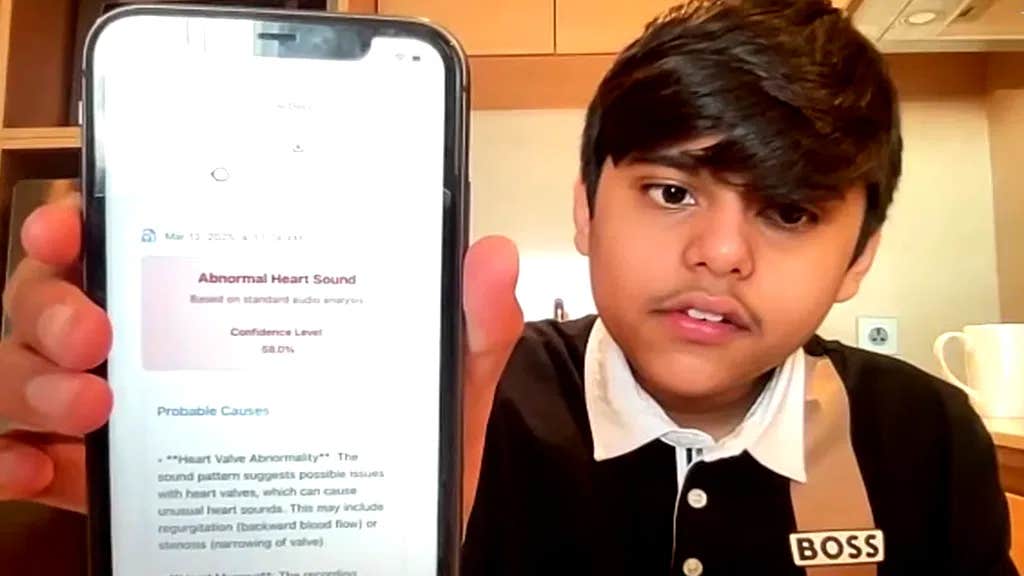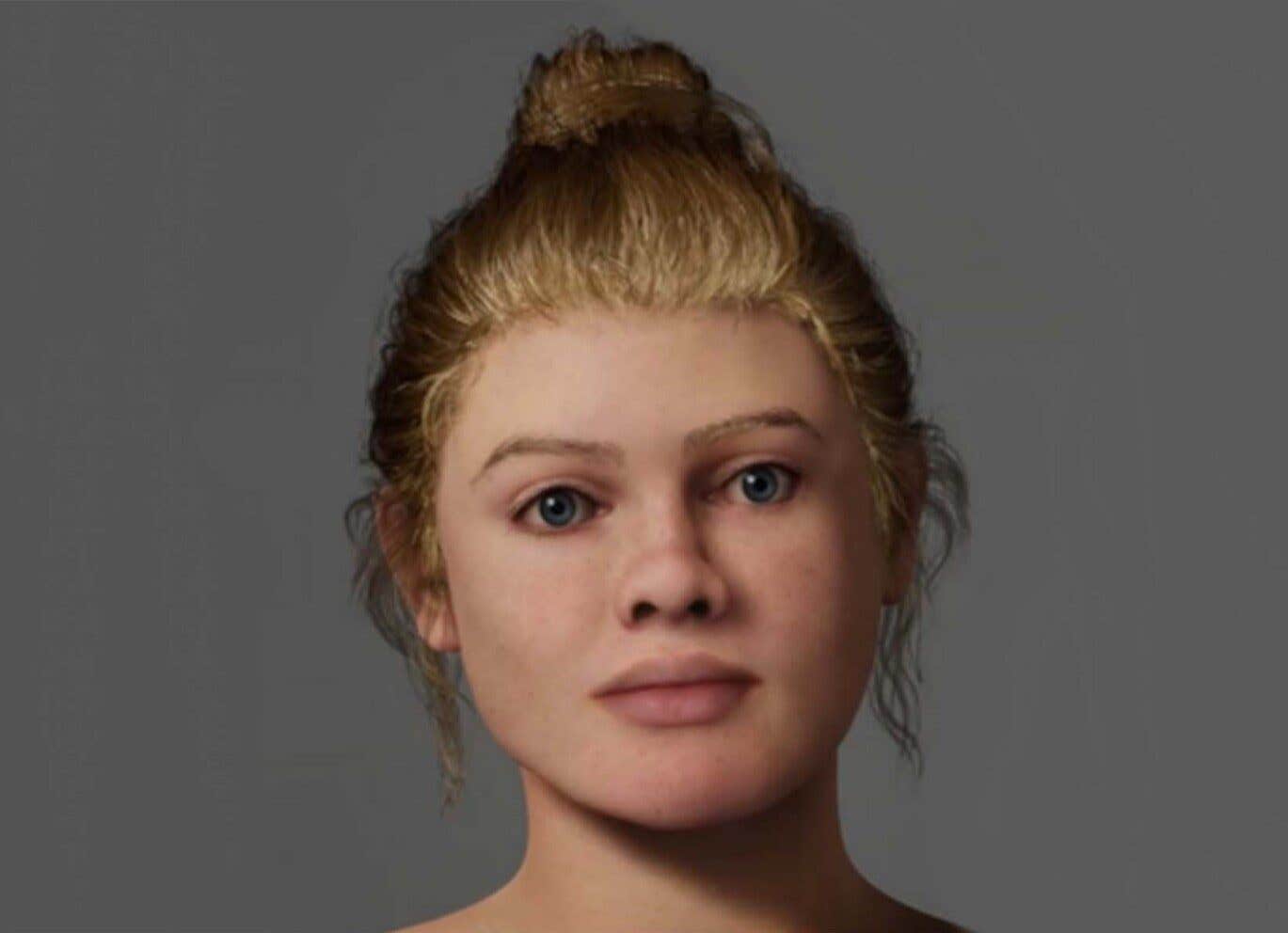Teen inventor built an app that detects early-stage heart disease with 96% accuracy
Teen inventor developed Circadian AI, an innovative smartphone app rapidly identifying early-stage heart diseases with over 96% accuracy

From a simple smartphone app, Siddarth Nandyala has managed something remarkable: diagnosing potential heart conditions in mere seconds. (CREDIT: SumanTV)
Fourteen-year-old Siddarth Nandyala is transforming healthcare, using technology to fight a leading global killer—heart disease. From a simple smartphone app, he has managed something remarkable: diagnosing potential heart conditions in mere seconds. His innovation, Circadian AI, could change the way cardiovascular diseases are caught and treated worldwide.
Early Detection Saves Lives
Heart disease kills more people globally than any other illness. The World Health Organization estimates cardiovascular diseases claimed nearly 20 million lives in 2021, accounting for almost a third of global deaths. Most victims are diagnosed too late, often after experiencing severe symptoms like heart attacks or strokes. Early detection can reverse or slow the progression, improving quality of life and reducing healthcare costs significantly.
“Even one life detected is one life saved,” Nandyala says. His app addresses this critical need by identifying heart issues in their early stages through non-invasive screening methods.
A Teen's Vision Meets AI
Nandyala, now enrolled as a freshman in computer science at the University of Texas at Dallas, developed his passion for technology and coding early in life. At only 12 years old, he created a prosthetic arm priced at just $150—far cheaper than the typical $30,000 devices.
Soon after, he founded STEM IT, a company dedicated to making STEM (science, technology, engineering, and mathematics) education accessible to students everywhere. His efforts have earned recognition from national leaders, including awards and congratulations from former President Joe Biden.
But healthcare technology specifically captured Nandyala’s imagination. Inspired by the sheer potential of artificial intelligence (AI) to save lives, he set his sights on heart disease. For eight months, he poured hours into coding, testing, and refining Circadian AI.
Related Stories
His innovative mobile app works by simply placing a smartphone near the chest, recording heart sounds clearly thanks to advanced noise-cancellation technology. The recording undergoes sophisticated analysis in the cloud using machine learning. Within seconds, Circadian AI provides clear results, highlighting normal heart function or flagging potential abnormalities.
Real-Life Trials Prove Effectiveness
To ensure Circadian AI would work reliably, Nandyala tested the app extensively. He collaborated with hospitals and medical institutions, collecting heart sound data from thousands of patients. The app’s real-world effectiveness was proven through extensive clinical trials involving approximately 15,000 patients in the United States and about 3,500 in India. In these tests, the app achieved an accuracy rate exceeding 96 percent.
At Government General Hospital in Guntur, India, Circadian AI accurately detected heart conditions in 10 patients, later confirmed through electrocardiograms and echocardiograms.
Medical Experts See Potential
Doctors and researchers recognize the app’s tremendous potential. Jameel Ahmed, a heart specialist at Louisiana State University, highlights its importance for underserved communities.
“An early potential diagnosis in patients who otherwise may not have had access to medical care may ultimately reduce long-term morbidity and mortality from this condition,” Ahmed says. However, he cautions that smartphone microphone quality could limit accuracy, emphasizing that Circadian AI should complement, not replace, traditional diagnostic methods like echocardiograms.
Nandyala agrees, stressing that Circadian AI is primarily a screening tool, not a diagnostic one. It identifies potential heart problems quickly and easily, prompting users to seek further medical testing and care.
Expanding Horizons in Healthcare
Beyond heart disease, Nandyala is already planning broader applications. He is currently adapting the technology to detect lung conditions such as pneumonia, pulmonary embolism, and fluid retention.
With regulatory approval underway, Circadian AI will soon become widely available in healthcare facilities across the U.S., India, and beyond. This broader rollout could significantly impact global healthcare, especially in regions lacking robust medical infrastructure.
“Every interaction throughout this journey was helpful,” Nandyala reflects. Clearly, this teenager’s remarkable combination of innovation and determination is just getting started.
Note: The article above provided above by The Brighter Side of News.
Like these kind of feel good stories? Get The Brighter Side of News' newsletter.



